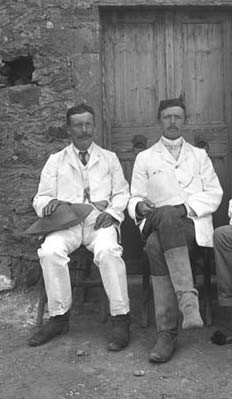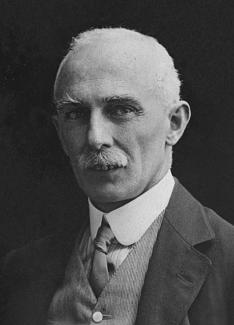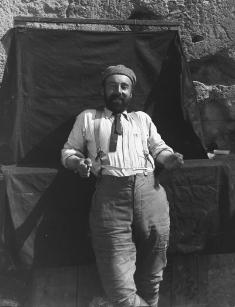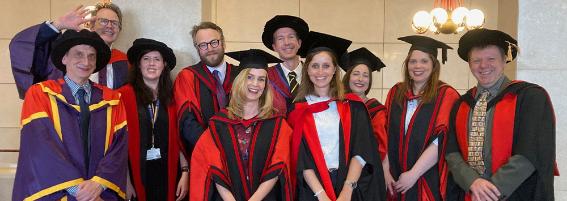120 years of Archaeology
2024 marks 120 years since the Institute of Archaeology was founded. The University of Liverpool has pioneered the study of the ancient world for over 140 years and has an international reputation for excellence in teaching and research.
Our history
Classics and Ancient History have been taught at Liverpool since 1881, as part of University College Liverpool, which joined the Victoria University Federation of Provincial Colleges in 1884. In 1902, John Garstang was appointed Honorary Reader in Egyptian Archaeology. In 1903, the independent University of Liverpool was founded, and in 1904, just one year after the University of Liverpool itself, the new Institute of Archaeology was formally approved.
The Liverpool Institute was the first UK centre for the academic study of archaeological practice, Classical Archaeology, and Egyptology.
Professor Bosanquet, Newberry, and Garstang
In 1906, Robert Carr Bosanquet became Liverpool’s first Professor of Classical Archaeology, Percy Newberry our first Professor of Egyptology, and John Garstang our first Professor in the Methods and Practice of Archaeology.

Robert Carr Bosanquet is pictured on the left, image is public domain in the US.

Percy Newberry © Griffith Institute, University of Oxford

John Garstang on site at Beni Hassan, from the glass plate negative collection.
© Garstang Museum of Archaeology. Negative number JG/B/675.
Our Department today

Today, the work of the Department of Archaeology, Classics and Egyptology is focused on field-leading research and teaching across 7 million years of human and social evolution:
- Human evolution (evolutionary anthropology and the Palaeolithic world)
- Archaeology and languages of the Ancient Near East
- Ancient Egypt (history, languages, literature, culture, and material worlds)
- European Prehistory (Neolithic, Bronze Age, and Iron Age Europe)
- Ancient Greece & Rome (history, languages, literature, culture, and material worlds) and their post-antique reception
- Medieval and post-medieval archaeology
- Archaeological Science (Environmental Archaeology, Bioarchaeology, Materials science)
- British archaeology and heritage management
At Liverpool, we remain committed to our founding principles of advancing archaeological methods and practice in our study of the ancient world.
Black and white Abercromby Square image used at the top of the page is c